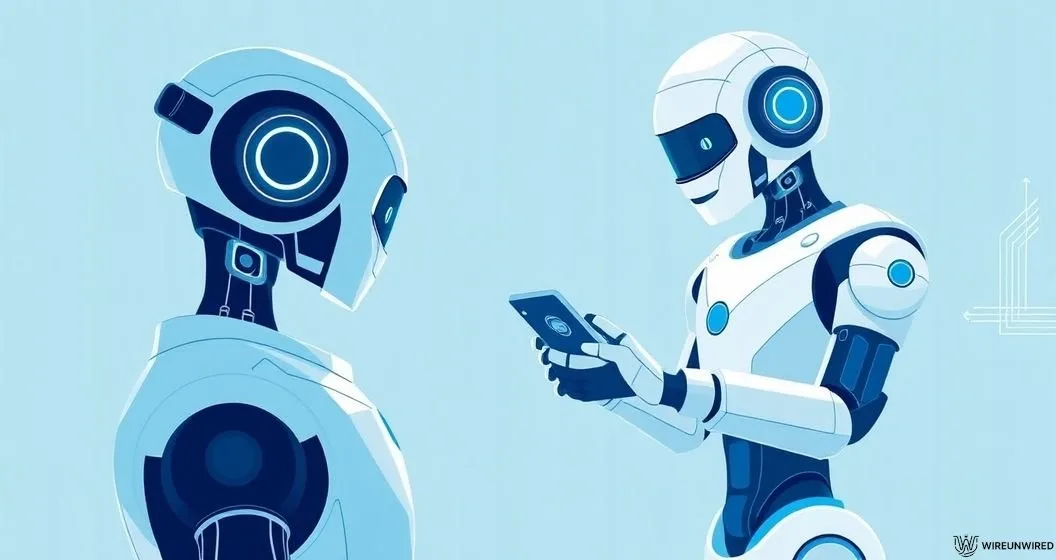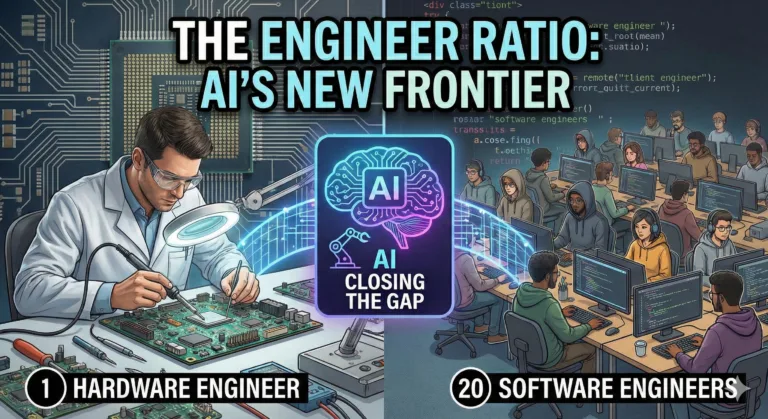Nio, the Chinese electric vehicle (EV) manufacturer, has significantly expanded its recruitment efforts in robotics, targeting specialists in embodied artificial intelligence (AI) and simulation systems, according to sources in China. The company’s latest campus job postings, published in Shanghai, highlight a strategic push to develop advanced vision–language–action (VLA) models for physical robots, including both four-legged and humanoid variants. These developments mark a concrete step in Nio’s ambition to integrate robotics deeply into its manufacturing and technology ecosystem, reinforcing its commitment to intelligent automation and AI-led innovation.
The intensified recruitment drive was publicly revealed through listings for AI Robotics Researcher/Engineer positions, with a strong emphasis on candidates capable of applying large model AI capabilities to real-world robotic systems. The job descriptions focus on creating precise closed-loop operations in the physical world, reflecting the company’s focus on embodied intelligence—a rapidly advancing domain within artificial intelligence that seeks to merge perception, language, and action. Applicants are expected to work on VLA large models to enhance environmental understanding, task decomposition, and action generation. Additional roles for Robotics Simulation System Researchers/Engineers concentrate on building high-fidelity virtual environments, complete with simulated sensors, actuators, and interactive objects, to support algorithm training and validation. These efforts are designed to optimize the critical sim-to-real tuning process, ensuring simulation results translate effectively to real-world robotic performance.
Nio’s robotics initiative is led by Xu Kang, a former algorithm expert from the autonomous driving startup Momenta, who joined Nio’s autonomous driving division in 2020. The initial robotics unit, established in early 2025, comprises about 20 staff members focused on four-legged robot development. The company’s expansion into robotics is part of a broader trend among Chinese automakers, with peers such as BYD, Chery, GAC, and XPeng also investing in AI-driven robotic technologies for both consumer and industrial applications. Notably, Nio’s recruitment campaign follows BYD’s own drive for its Embodied Intelligent Research Team and GAC’s recent humanoid robot demonstrations, underlining a competitive landscape in the country’s automotive and robotics sectors.
Nio’s history with AI integration dates back to 2017 with the launch of its NOMI AI-powered voice assistant, which has since evolved into a broader AI brand. In August 2025, Nio registered new NOMI trademarks, covering a wide array of AI-driven products, including humanoid robots, teaching robots, biochip sensors, and integrated circuit chips. These trademarks signal Nio’s intention to diversify its AI portfolio beyond vehicles, leveraging its expertise in intelligent systems for a wider range of applications.
On the manufacturing front, Nio has already implemented significant automation at its factories. Its F2 plant in Hefei, for instance, operated last year with 310 Automated Guided Vehicles and almost 1,000 industrial robots. In 2023, Nio assembled a dedicated humanoid robot team to explore the integration of robotic arms equipped with 5G connectivity and advanced vision algorithms for quality-control tasks. Earlier this year, the company’s head of humanoid robots for intellectual engineering, Yi Peng, confirmed the establishment of a humanoid robot unit, referred to as a “squad,” tasked with piloting robotic solutions for factory operations.
Collaborations with external robotics firms have also played a role in Nio’s robotics strategy. In February, UBTech’s Walker S humanoid robot was deployed on a Nio assembly line, handling inspection tasks such as checking seat belts, locks, and headlights. By July, a Kuavo humanoid robot, powered by Huawei’s HarmonyOS, was undergoing trials at Nio facilities, further demonstrating the company’s openness to integrating third-party robotics solutions into its workflow.
Public interest in Nio’s robotics expansion has surged on Chinese social platforms, particularly on Weibo. The job postings, shared by popular automotive blogger 德卤爱开车, have generated substantial discussion among technology and robotics enthusiasts. This heightened attention reflects a growing national fascination with the convergence of AI, robotics, and automotive technologies in China.
Regionally, Nio’s advancements are part of a broader movement among Chinese automakers and technology giants to explore embodied AI and robotics. Leading companies such as Huawei, Xiaomi, and XPeng have all made significant investments in the sector, establishing research centers and unveiling prototypes that signal the country’s rapidly evolving capabilities in intelligent robotics. Internationally, the field is also marked by announcements from major players like Tesla, whose CEO, Elon Musk, has indicated that its Optimus humanoid robot could be ready for sale by 2025.
Nio’s ongoing robotics recruitment and development initiatives underscore its determination to remain at the forefront of AI innovation in China’s automotive and industrial technology sectors. As the company continues to build teams and deploy advanced robots across its operations, industry observers are closely watching how these efforts will shape the future of intelligent manufacturing and embodied AI applications in the region[1][2].
Discover more from WireUnwired Research
Subscribe to get the latest posts sent to your email.




